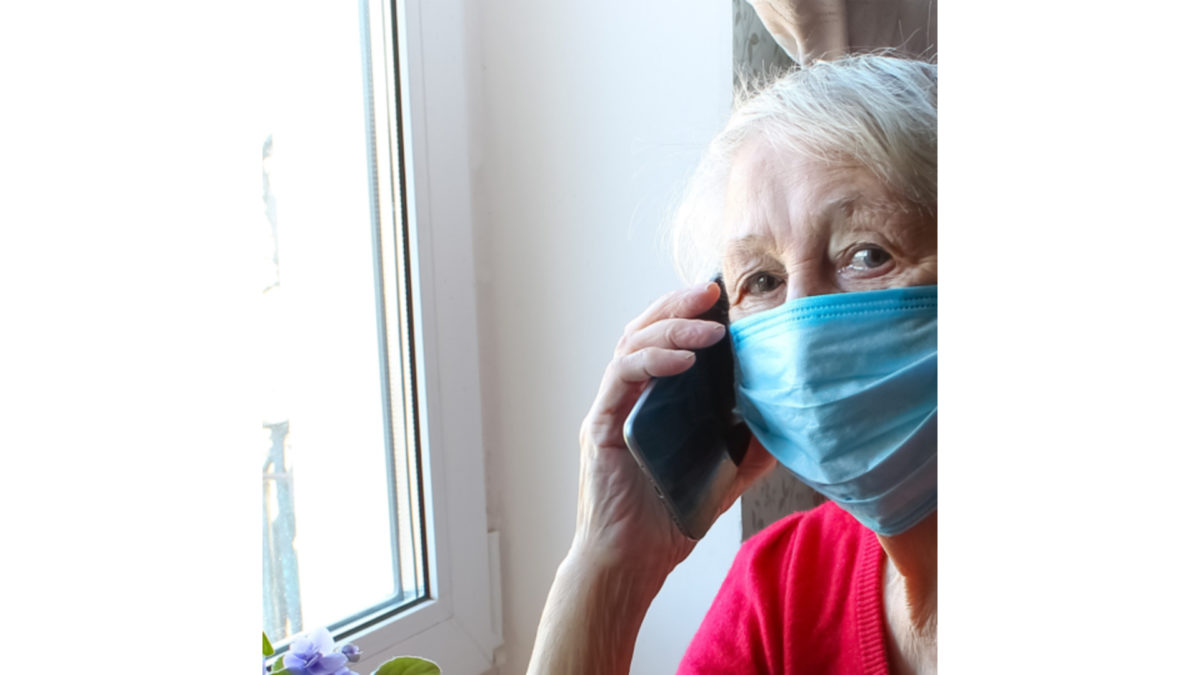When it comes to family engagement, some of these you may know to some extent and maybe applying as well. Some you probably know but are not dedicating the time to implement. And lastly, some may be completely new.
Family Engagement Via Social Media
Or you know, for the kids these days. The 20, 30… 40 somethings that are looking for a place for their grandparent, parent, relatives or maybe elderly acquaintances. This demographic will also soon be the main demographic. And you are doing yourself a disservice by not addressing them. And unlike a billboard on the freeway, a social media account is not enough to drive people to your door. Be it to signup, or keep in touch with their loved ones who may be residing within your facility to engage families online you need to do more the just exist in that world.
That being seen, consider finding that one social media savvy individual among your staff or even a trusted volunteer and tasking them for 1 to 2 hours a week to play the trumpet on the socials. Have them sing how great your home is! What amazing things you, your staff, and your residents are doing!
This will also give gentle reminders to the families of your residents to keep up to date with events. But more importantly, prompt family engagement and participation in whatever capacity they can.
If you’re thinking that you don’t know where to start, fear not though, your voluntold gets some support. An online marketing wizard has already thought about you. She has made this some 6 years ago and it has aged very well. The advice is sound and you don’t need to implement all the strategies presented. Check it out here, you don’t need to learn how to speak Emoji.
Events for Families
You’re doing this already, please don’t say you’re not doing this already. You do have an activities coordinator, they are doing this? If they’re not, get a new activities coordinator. Under the assumption that the events are happening, COVID permitting, there are probably some flyers or some odd way of communicating this to the families. This would make a great synergy with the social media person who should always be hungry for things to present to the digital audience. In a previous article about phone buddies, we mentioned Virtual Companions, which offer virtual symphonic concerts for SNFs and similar facilities, as a potential event for your residents.
Get Them Involved In The Process
Again, this is something you should be doing already to some extent if families are not forcing themselves in already. One would argue that this is where you want them to be all the time, even though your staff may disagree. This may sound trite, I’m sorry, a study from 2007, building on previous similar studies, has shown that working with families as opposed to competing with families or flat out dismissing them is to the detriment of your staff in the long term. Combatative relationships create negative feedback loops that reinforce each other.
Having family members come in and assist your caregivers, CNAs or RNs is the ideal scenario for any home. The burden on the staff is lessened, the anxiety families feel is reduced, if families are given the ability to engage in the care process. One would That’s why it’s important to work with the family. The study can be found here.
Training staff on intrapersonal skills will create positive or neutral at worst feedback loops. Thus improving the relationship with the family. A good place to start is the Agency for Healthcare Research and Quality’s module on family engagement, which can be found here.
Engage Families with TelePresence
The one lesson everyone had to learn because of the Pandemic. A forced adaptation to the concept of visitations, the Zoom call or Face-Time. If you are fortunate enough to work in a retirement home as opposed to an SNF of LTC, this may not have been such a shock as the residents may be in a position where they can do all this themselves on their own personal devices. But unfortunately for the staff of LTCs and SNFs, the pandemic requires brought about a new set of challenges and costs in time and technology.
This should not discourage. As we move away from, ugh, paper, caregivers will benefit from instant access to digital tools. The initial investment in even 1 tablet can significantly improve the quality of care your residents receive and the sense of connection families feel. This will also allow more engagement from the families who are normally too far for regular visits.
Of note, is that only half of the people in America own an iPhone or an iPad. The other half is not. That means that not everyone else can use Face-Time. A more agnostic platform such as Zoom, or Skype should be considered.
CareStory – Video Messaging
Lastly, if you don’t have the staff to spare to run around with the tablets at set times in order to facilitate the virtual visits, an alternative is asynchronous video communication. The Pandemic prompted us to develop this add-on feature in order to reduce the number of e-visits and give staff more flexibility. This became useful, especially when things have to be shifted to accommodate the unexpected. At the same time, giving families the possibility to upload videos for the resident as well as viewing videos that staff may record, keeps the family engaged and up to date with minimal input from staff. It’s as easy as scanning a QR code and pressing play.




